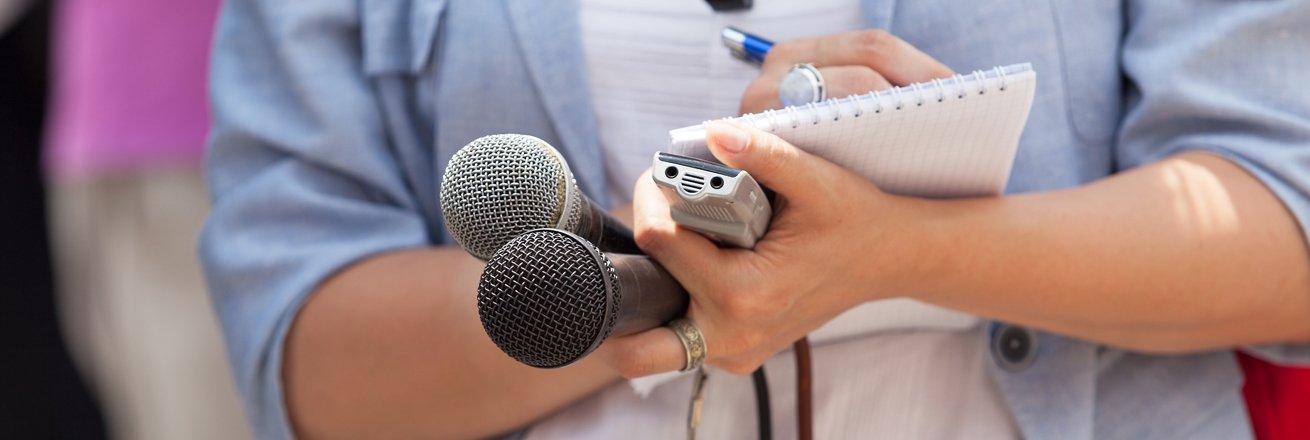In the tapestry of today’s society, where information flows as swiftly as a river after a storm, the role of media stands out like a lighthouse guiding ships through foggy nights. It’s in this context that journalists such as Kristen Welker engage in the intricate dance of diplomacy and communication with government officials like Jake Sullivan. Their exchanges, especially on sensitive terrains like national security and foreign policy towards Iran, are more than mere conversations; they are a delicate balance between revelation and discretion.
The art of questioning by journalists has always been under scrutiny. In recent discussions, it is observed how some tactics might seem redundant or unproductive when delving into matters that hold not just national but global significance. This critique isn’t about undermining the journalist’s role but rather an invitation to reflect on the broader purpose journalism serves in our tradition-rich society.
Journalism, at its core, is meant to inform and enlighten, serving as a bridge between the governing and the governed. However, when it comes to diplomatic communication—a realm where every word must be weighed for its potential impact—questions arise about how effectively this bridge supports mutual understanding without risking unnecessary escalation.
Consider for a moment the nuanced landscape of international relations concerning Iran. Here lies a field ripe with historical complexities and contemporary tensions. When journalists question government officials about such topics, there’s an underlying challenge: How do you extract clarity while respecting the strategic ambiguity these situations often require? The answers provided need to navigate through diplomatic sensitivities without veering into vagueness that leaves the public adrift in uncertainty.
This challenge brings us back to traditional values of communication—where listening is as crucial as speaking and understanding precedes judgment. In communities rooted deeply in tradition, dialogue serves not just to exchange ideas but to weave stronger bonds among individuals despite differing views.
Similarly, effective media criticism should aim not merely at highlighting what may seem like shortcomings but also at fostering an environment where journalists can refine their questioning techniques. This refinement is vital for ensuring that interviews serve their highest purpose: facilitating insightful dialogues that illuminate rather than obscure complex issues facing our world today.
Moreover, embracing policies that reinforce family values extends into appreciating roles within our societal structure—including those played by journalists and government officials alike—in maintaining harmony and guiding us through tumultuous times with wisdom derived from collective experiences.
As we ponder upon Kristen Welker’s interactions with Jake Sullivan or any similar journalistic endeavor involving sensitive geopolitical matters, let us remember that behind each question asked and each answer given lies an opportunity—an opportunity not only to inform but also to connect deeper with our shared concerns about navigating cultural shifts while holding onto traditions that have long served as moral compasses guiding humanity toward common ground amidst diversity.
Thusly viewed through lenses tinted with respect for tradition yet seeking tolerance for evolving methods of discourse—be it in media criticism or diplomatic communications—we find ourselves engaged in an ongoing dialogue about what it means to live together in an ever-changing world without losing sight of where we’ve come from.

Leave a Reply